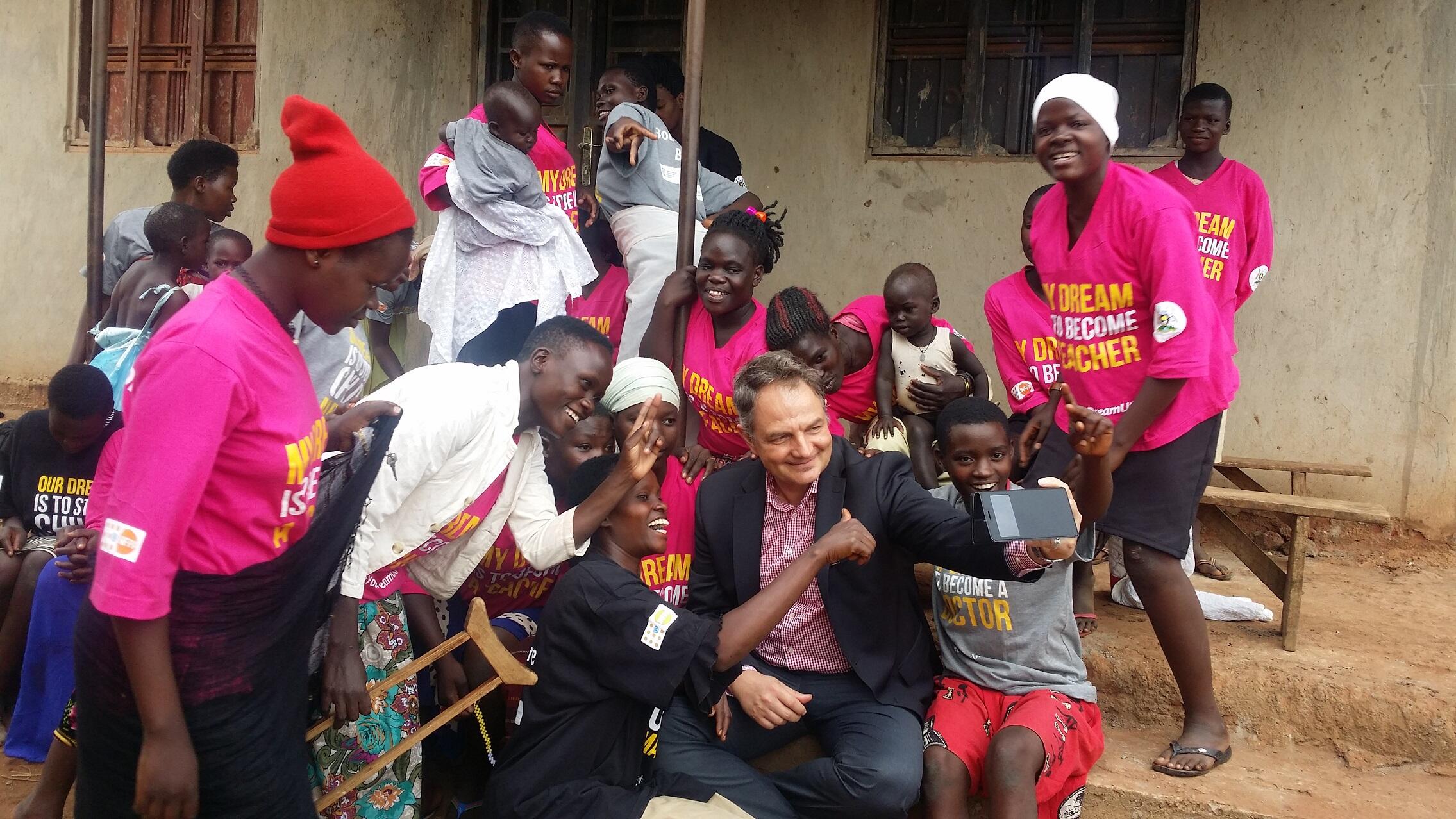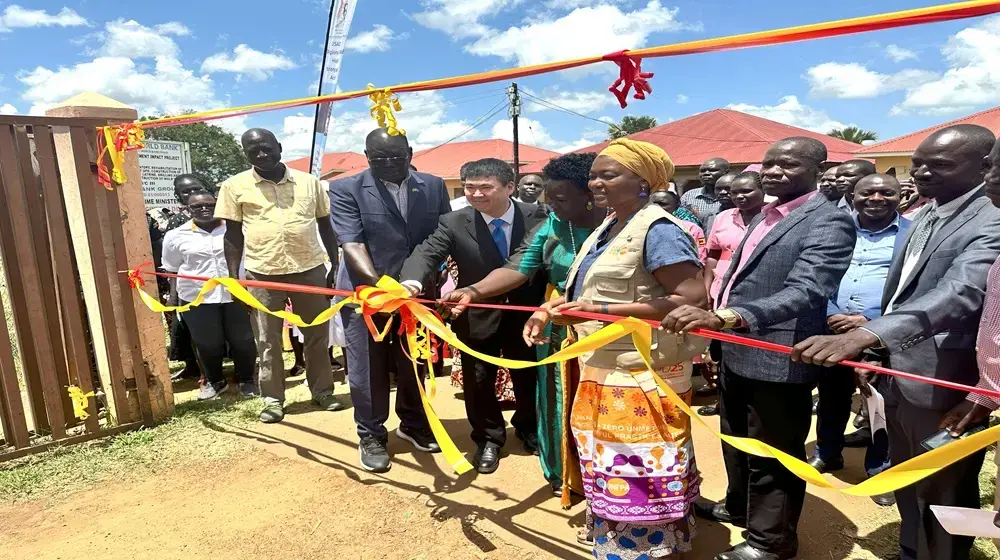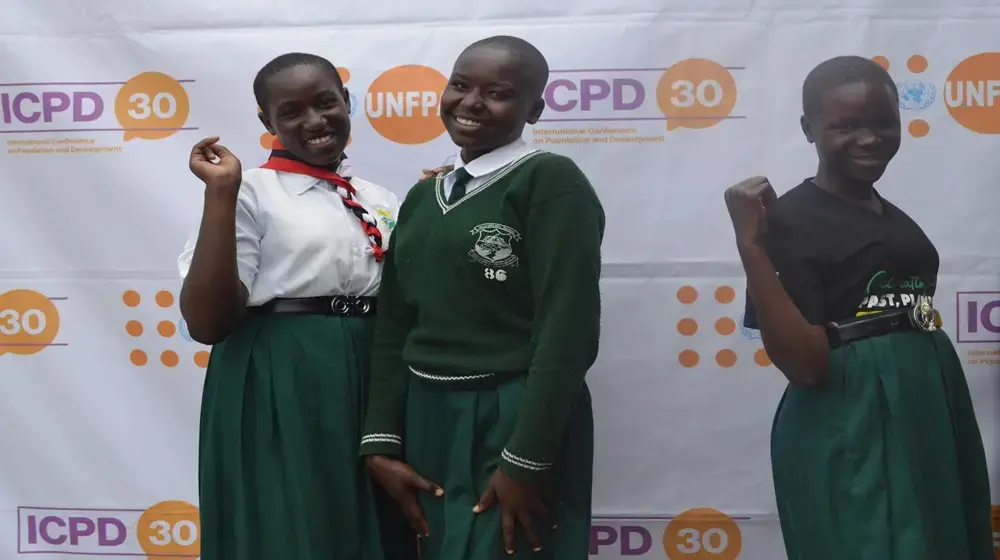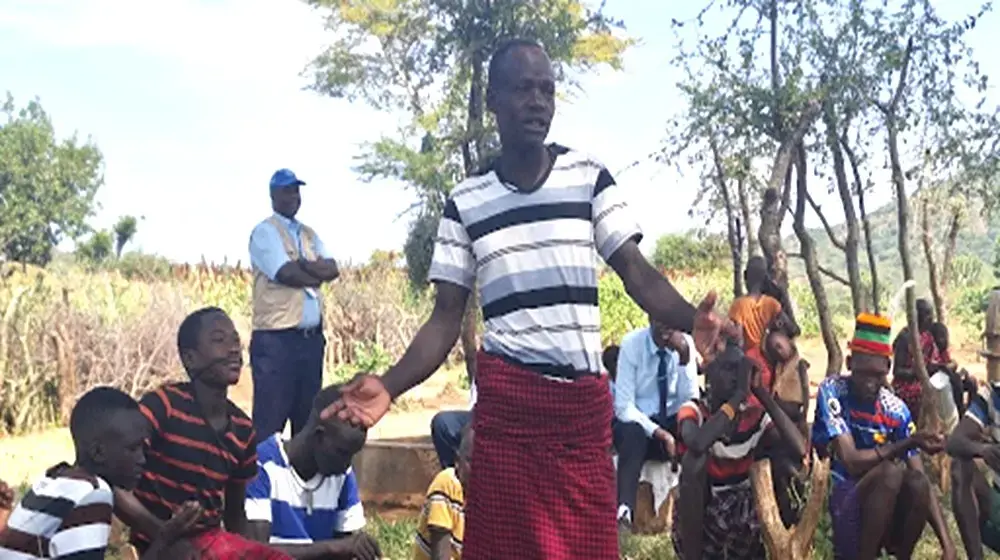Naiga Zaina*, 14, wishes that one time encounter never happened. “It was a mistake, it was a mistake,” she cries. She explains that the experience robbed her of everything – ‘a goat plus its rope’ – a local analogy used to explain the double tragedy of a girl losing her virginity and ending up with an unplanned pregnancy. Traditionally, the Aunt of a girl would receive a goat as a gift if she (the girl) was found a virgin on her wedding day.
Through sobs, punctuated by cries from her baby, Zaina narrates that she was in primary seven and also the chairperson of the Better Life for Girls Club at Magogo Primary School in Iganga district, eastern Uganda.
Better Life for Girls School-based Clubs are part of the programme supported by UNFPA and implemented by Straight Talk Foundation and other partners in 757 schools in Karamoja and Eastern regions across Uganda to prevent teenage pregnancy and under-age marriage so as to reap the girl effect dividend. It is funded by Korea International Cooperation Agency (KOICA).
“During Club sessions, we talked about everything. We talked about abstinence, safe sex, and our dreams for the future – what we wanted to become. I knew about everything,” she says.
Zaina narrates that her friends at school had boyfriends but she didn’t until one of them lured her into getting one. “The day the boy asked me for sex, I consulted my friends. They said it was okay. I ended up getting pregnant!” she regrets.
It would be easier for Zaina to blame her friends, but she courageously takes full responsibility for her fate.
Recently, the Government of Uganda unveiled a National Sexuality Education Framework. According to Ministry of Education, the framework aims to support and protect the sexual development of young people through equipping and empowering them with information, skills and positive values to understand their sexuality and take responsibility for their own and other people’s sexual health and wellbeing.
Uganda is also signatory to the 2013 East and Southern Africa Commitment on Sexuality Education signed by Ministers of Education and Health. The Commitment articulates that sexuality education should be age appropriate and culturally relevant approach to providing scientifically accurate, realistic and non-judgmental information about sex and relationships.
Many girls in Uganda will relate with Zaina’s story. According to the Uganda Health and Demographic Survey (UDHS, 2016), one in four girls aged 15 to 19 is pregnant or has had a baby.
The UNFPA Representative, Mr. Alain Sibenaler says that: “Sexuality education promotes the acquisition of skills in relation to decision-making, assertiveness, communication, negotiation for safe sex, and refusal of unwanted sexual advances. In addition, evidence shows that sexuality education programmes can be more effective if paired with access to quality, youth friendly services.”
The UDHS 2016 shows that although over 98 percent of young people (15-24 years) are aware of at least one method of modern contraceptives, only 28.3 percent of those 20-24 years and 9.4 per cents have ever used at least one modern method of family planning. Similarly, a 2016 UNAIDS report indicates that only 41 percent boys and 26.4 percent girls who engaged in high risk sex used a condom.
What happens to school girls who get pregnant?
A 2017 Ministry of Education Report shows that teenage pregnancy is one of the leading causes of school drop out for young girls. Whereas 43 percent of girls in Uganda drop out of school due to financial constraints, 21 percent drop out of school due to pregnancy.
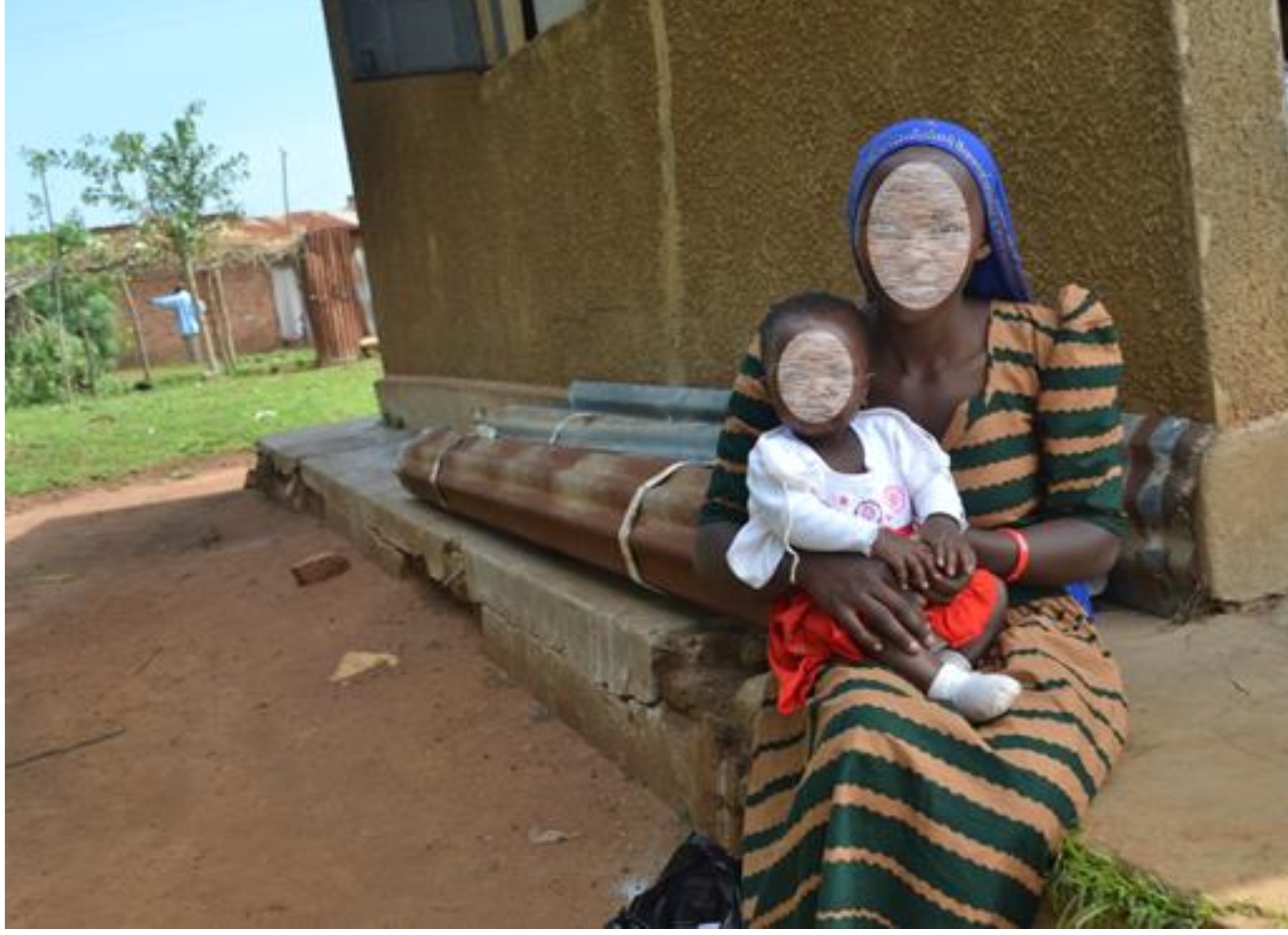
So, when the School Nurse found out that Zaina was pregnant, she immediately brought the issue to the attention of the Head-teacher. On receiving the news, the Head-teacher called Zaina’s father, they discussed sending her out of school.
“Even my father was not willing to pay my school fees anymore. But the teachers, especially the Senior Woman teacher pleaded with both my father and the Head-teacher,” says Zaina. “The teachers said I was a well behaved girl, and I also performed well in class.”
Zaina gave birth before her final Primary Leaving Examinations (PLE) and when the results came out, she had passed in second grade. “The Senior Woman teacher encouraged me to study hard,” she says. “I did my best.”
Zaina is now in Senior One and her dream is to become a lawyer. Although she struggles with school fees because she is the least priority among her 20 siblings, she is so determined to succeed in life. “My dream is to graduate and became a lawyer so I can make money and take care of my son, myself and my family.” She encourages other girls to concentrate on their studies and forget about boys. “I always give my example.”
By Prossy Nakanjako
*The name of the girl has been changed to protect her privacy.

